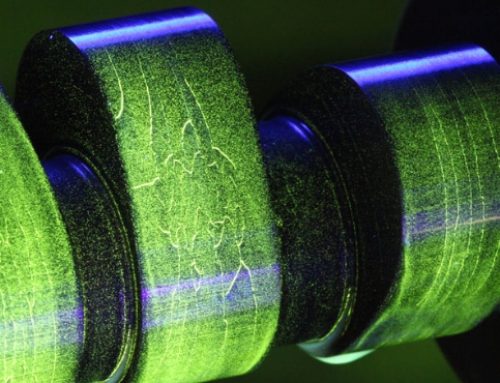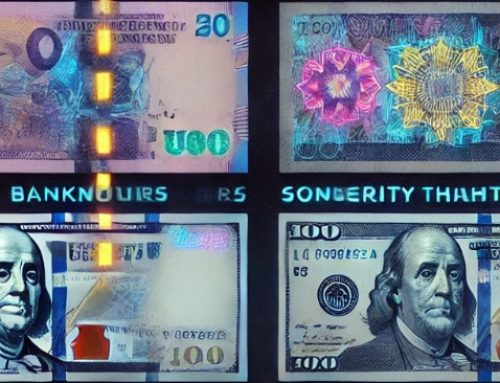Due to the wide range of ultraviolet wavelengths from 10nm to 400nm.
It is necessary to perform a more detailed classification.
As base on ultraviolet wavelengths’s optical characteristics to facilitate industrial applications.
At present, the international society and the domestic vertical industries have different classifications.
But we have made a more authoritative specification based on the standards of the lighting industry.
According to the classification of ISO-DIS-21348, ultraviolet wavelengths are divided into the following 10 categories:
| Name | ?Short | ?Wavelength | ?Energy |
| Long wave ultraviolet light, ultraviolet light A, or black light | UVA | 400–315nm | 3.10–3.94eV |
| ?Short Ultraviolet | NUV | 400–300nm | 3.10–4.13eV |
| Medium wave ultraviolet light, ultraviolet light B | UVB | 315–280nm | 3.94–4.43eV |
| Mid-ultraviolet | MUV | 300–200nm | 4.13–6.20eV |
| Shortwave ultraviolet light, ultraviolet light C, germicidal ultraviolet radiation | UVC | 280–100nm | 4.43–12.4eV |
| Long ultraviolet | FUV | 200–122nm | 6.20–10.2eV |
| Vacuum UV | VUV | 200–100nm | 6.20–12.4eV |
| Low-energy ultraviolet | LUV | 100–88nm | 12.4–14.1eV |
| High-energy ultraviolet | SUV | 150–10nm | 8.28–124eV |
| Extreme ultraviolet | EUV | 121–10nm | 10.2–124eV |



